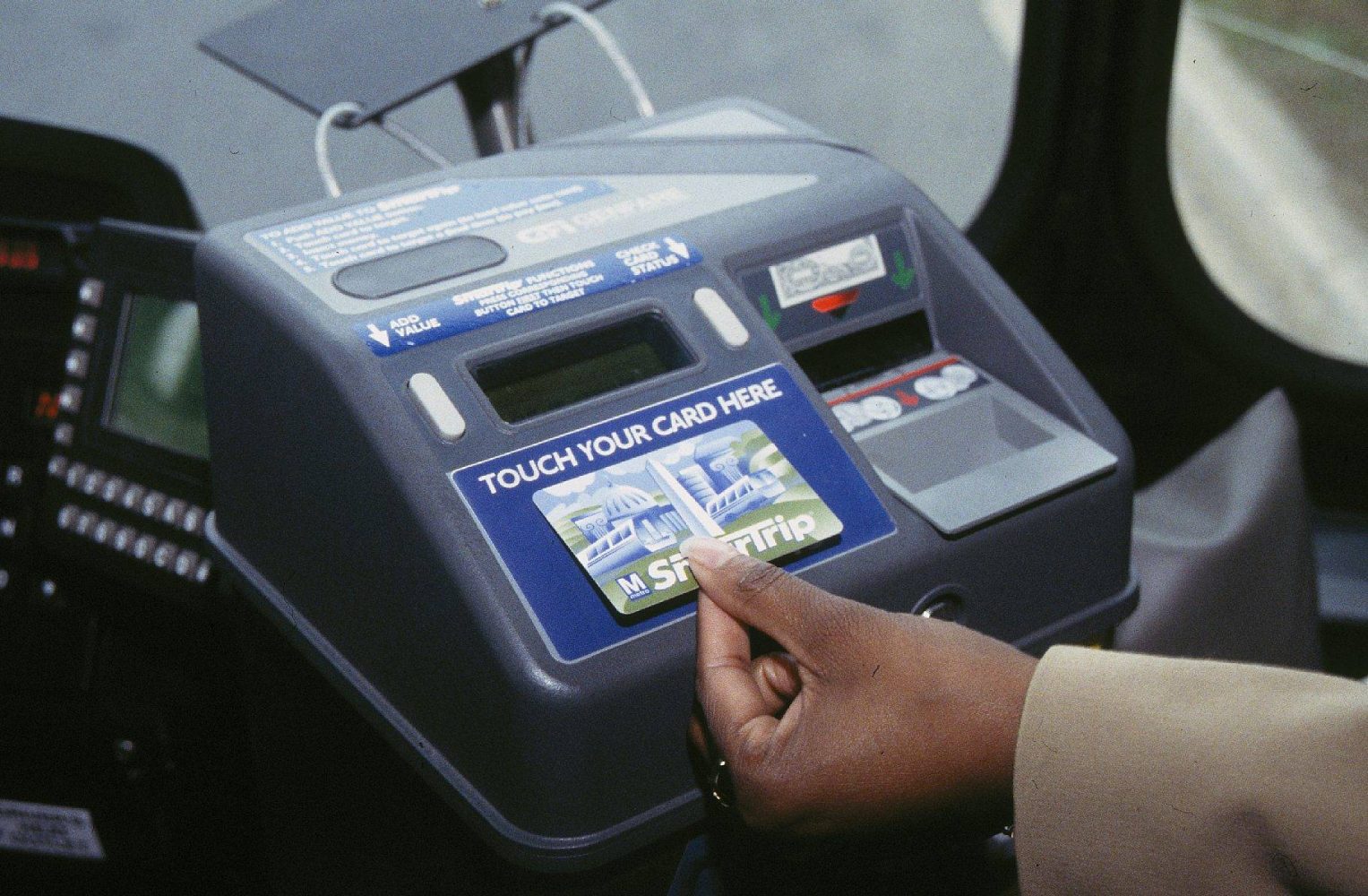Nigeria’s Interswitch Signs USD 73 Mn Deal With UK’s Becoz To Provide Cashless Transport System

Nigeria’s tech firm Interswitch and UK’s Becoz have signed a deal worth more than USD 73 Mn to provide a card technology initiative that would allow people to travel with public transport without having to use cash or paper tickets. According to reports, the actual value of the transaction is £56 million (USD 73,129,560).
During the signing of the agreement of between the Nigerian and U.K firms in Abuja, the UK Foreign Secretary, Jeremy Hunt, said that the deal would lead to the establishment of a research hub in Lagos. Meant to launch this year, the initiative is in an effort to bring entrepreneurs and innovators together in a long-term scheme that will benefit both Nigeria and the United Kingdom.
Expressing his delight over the partnership, Hunt said the transport payment technology is in semblance to the Oyster Card of transport in London. According to him, the to-be initiative is a sign that the European country’s technology can drive the growth of some highly innovative companies in Nigeria.
Cashless Transportation
The upsides to a cashless transportation system form a plethora, particularly in developing countries where city centers continue to swell with rural migrants, and thus experiencing over-congestion. According to a report by the National Association of City Transportation Officials, a coalition of the Department of Transportation in the U.S, up to a third of the time cash-based transit buses was spent in “dwell time” delays just because customers have to pay for their fares in cash before movement can begin.
There is a similar practice in Africa, where multiple-seater buses have to account for payments before a trip, save the likely traffic congestion that might be encountered.
Obtainable from Visa’s Cashless Cities study is the fact that digital payment on buses takes 2.6 seconds on average across a cross-section of global cities varying by digital maturity. Using cash takes 4.2 seconds, according to the report, and it would be much higher if it does not involve something similar to Bangkok’s system of hiring conductors to collect cash fares when passengers board – which is pretty much what is practiced in most parts of Africa.
When paper tickets are eliminated, it sidesteps the risks and dangers of noise and air pollution on buses and their stations, save what the contactless system offers in macro data to understand customer habits and better-resourced routes.
Kenya Tries, Rwanda Thrives
Ultimately, cashless transportation would rake in a ton of revenues for cities and governments. This report revealed that transit agencies spend an average 14.5 cent of every physical dollar collected. Comparing that to the 4.2 cents for every digital dollar, many constraints – fare invasion, police corruption and pilfering among others – it would be obvious that governments can secure a more consistent revenue channel and attract tourists.
These benefits are what Kenya and Rwanda hope to achieve, as the former wants in and the other is already making strides. Already, it is being practiced in Edo State, Nigeria with the “Comrade Buses” introduced by ex-governor Adams Oshiomole.
Looking to eliminate corruption and inefficiency, Kenya is once adopted the contactless transport system, but it was operated by private individuals. As a solution to its problematic matatu bus system, which encourages operators to jack up prices and drive at unsafe speeds at certain times, the East African country’s legislation to launch a 2013 program which mandated all matatus in Nairobi to go cashless.
Fare transactions were being processed for the 70 percent of the city’s 4 million residents, and Equity Bank partnered with Google to launch BebaPay, a cashless payment card for transit in Nairobi.
Rwanda lost up to 40 percent in revenue due to the hurdles presented by paying for fares with cash. The country’s government awarded a cashless transit payment system design contract to AC Group, an indigenous tech startup. Also, as part of the Smart Kigali Initiative, a trio of bus firms partnered to transition to the cashless Tap & Go bus fare system designed by the AC Group.
The buyable cards led to a revenue increase of more than 30 percent and a speedup in daily commutes in Kigali. There are currently more than a million users Tap & Go in Rwanda, and 100,000 in Cameron, where the AC Group has expanded to.
Cashless Nigeria
“The British Government wants to reset the relationship with Africa to move away from the primary motive of our engagement being an aid to one where we engage more with industries of the future,” said Jeremy Hunt. “I want people in African countries to know that the UK is closely identified with the extraordinary transformation that is happening in Africa at the moment. Africa is a continent, which would represent a quarter of the world’s population before too long, and we want to be part of the great African success story that is happening.”
Akeem Lawal, Divisional Chief Executive Officer, Interswitch said: “We have taken all of those technology pieces, and we have put it on the infrastructure Interswitch has built over the last 17 years. We combine the payment technology with those unique technologies that we have done in partnership with a UK company, and we create a solution that will work on Danfo buses, blue buses, in ferries and in trains.
It will be all across the country; we will start our proof of concept with some of our selected partners in Lagos and Abuja, and we will extend to the rest of the country when we are done,” he said.
Mr. Lawal said the project was a long-term “strategic project” which had sorted out major challenges that would hamper its functionality. From the beginning, we wanted to design a system that does not depend on power, so the system we have built works 100 percent on solar, he said.